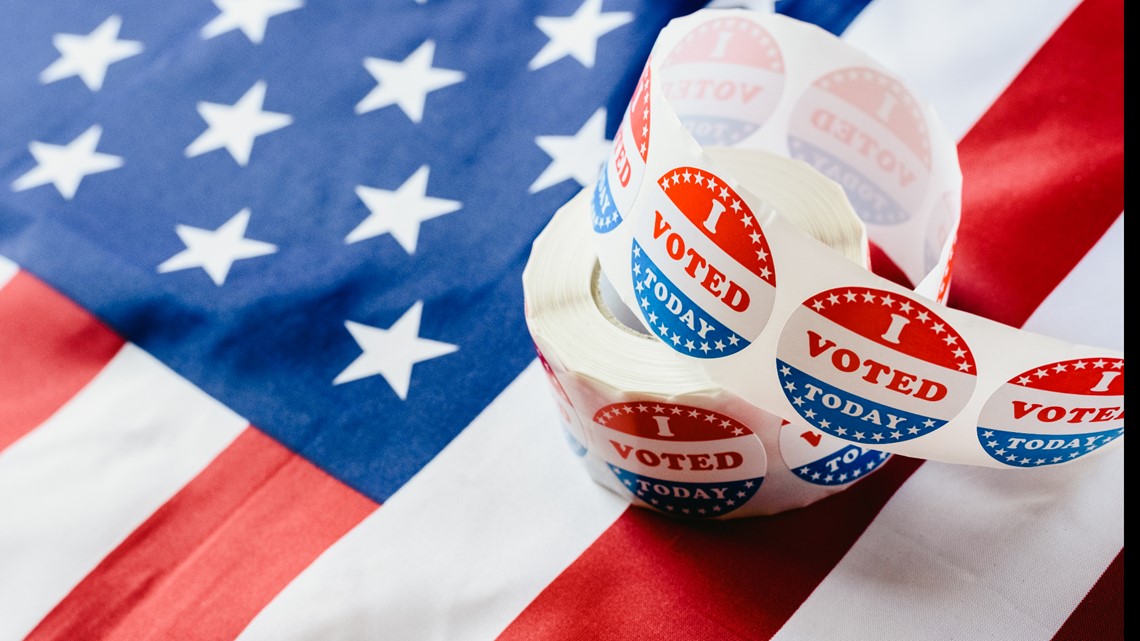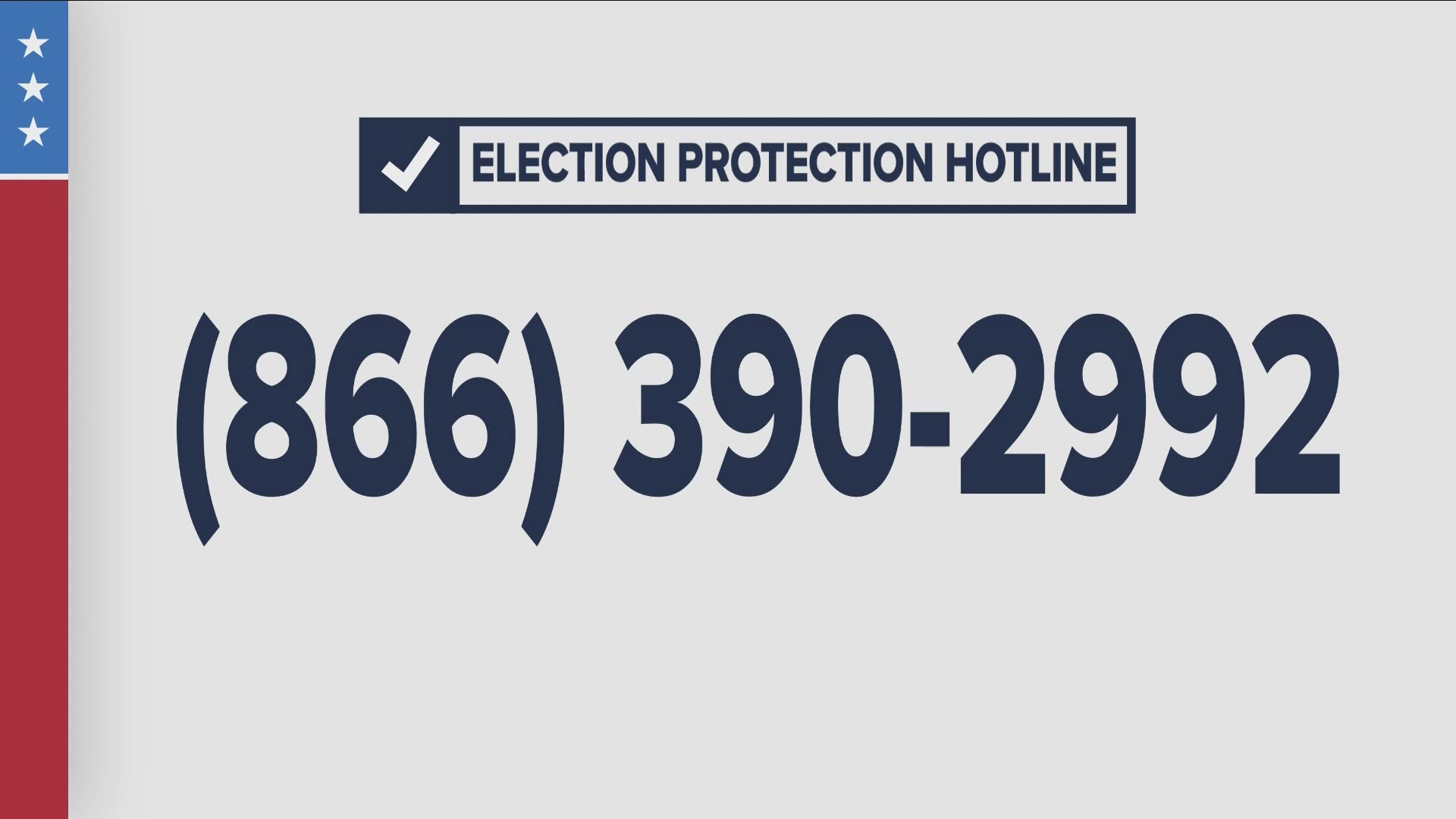BUFFALO, N.Y. — The 2020 election is less than two months away. And while some Americans have already chosen their candidate, many are still deciding how they plan to vote and/or whether they plan to vote at all.
This has been a year unlike any other. As a result of COVID-19 pandemic, people are struggling with a myriad of different issues, such as political strife, education, social, economic and environmental.
For communities of color, these issues have statistically hit harder, with Blacks and Latinos topping the list with unprecedented numbers. As a result, people in these communities are looking at the 2020 election through a different lens.
Kent Olden, Former Development and Communications Coordinator at the Buffalo Urban League, tells 2 On Your Side that he has been voting since he was eighteen years old. When asked if he plans to vote this year, he says, “Absolutely. I plan to bring my daughters with me.”
As a black man raising two young black women in Buffalo, Olden says he understands why people in his community might be hesitant to vote with all the unrest that is going on. But to him, there is not choice.
“Our lives literally depend on voting. We are up against an incumbent who doesn’t see us. And we need someone in that seat who understands what 'we the people' means.”
According to Pew Research Center, the 2020 election will be the first time that Hispanics are the largest minority group in the electorate. African Americans are second. With Asian Americans and Native Americans following, collectively minorities have the numbers to make a real difference in this election, but only if they vote.
"I understand that people believe that their voices don’t count because they are just one person. But, you matter. If minorities across the nation all voted, well we wouldn’t be have been in this position to begin with, look at the numbers from the electoral college last year,” Olden said.
So, how can minorities across Western New York becomes better informed? Buffalo Urban League and the local chapter of the National Action Network, are just two organizations that are doing their part to ensure that communities of color are seen and heard when it comes to the voting process. But also to help educate others on the importance of the minority vote.
“I get the hesitation,” Olden says to those who are unsure. “But if we don’t stand up and represent ourselves as members of society, it’s that much easier to forget about us.”
Throughout this election, 2 On Your Side will be looking and listening to voices. We are going into different communities to search for resources, information and answers to help inform you, so you can inform us.



